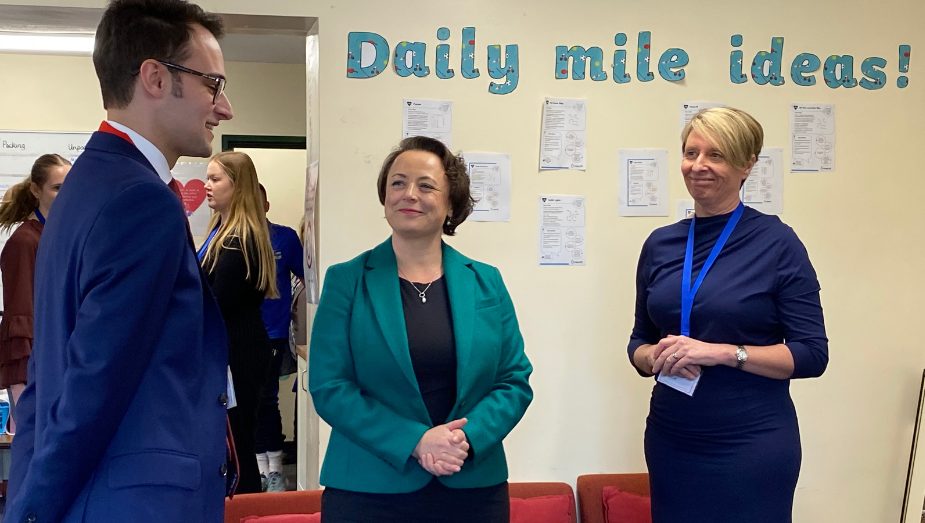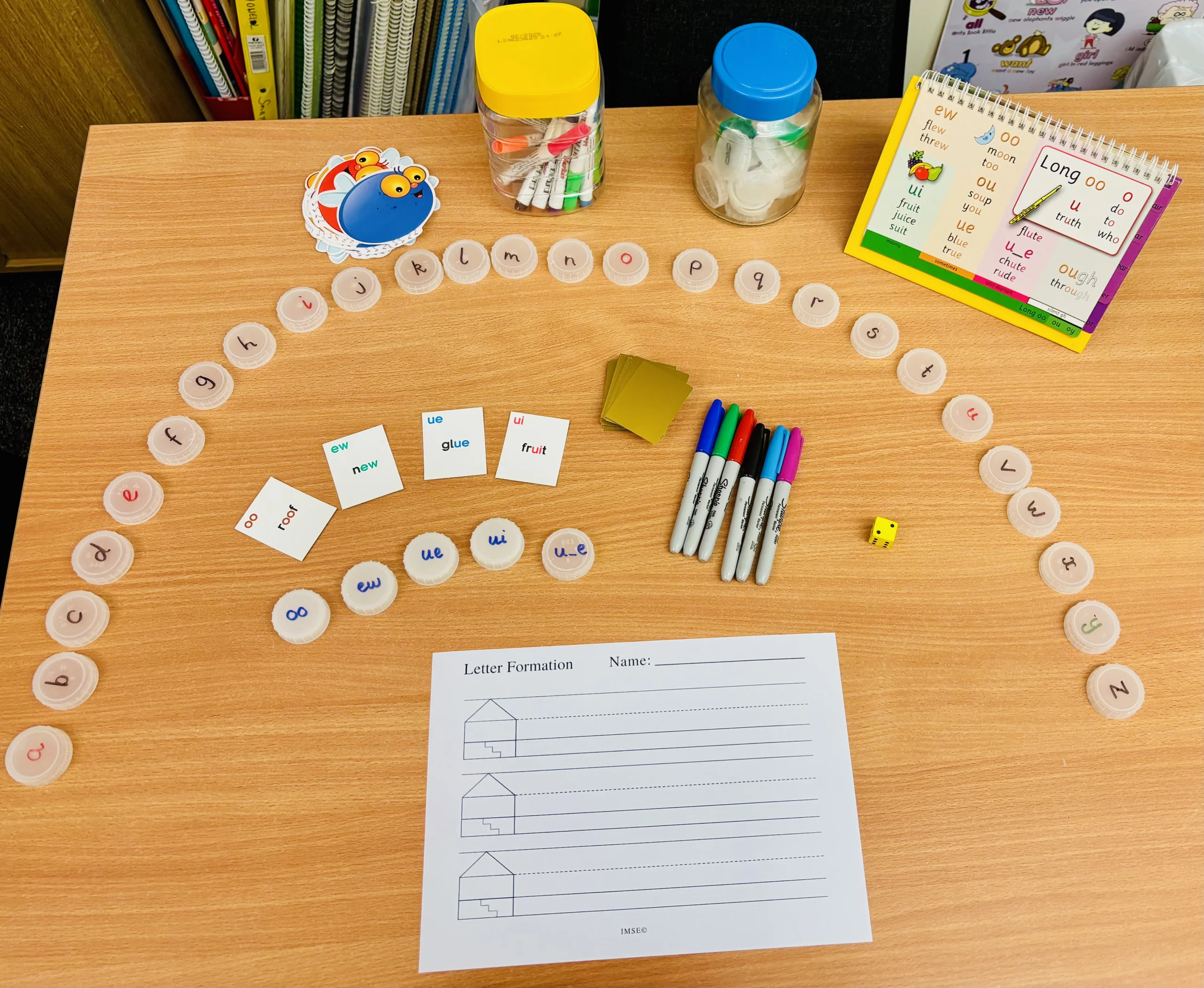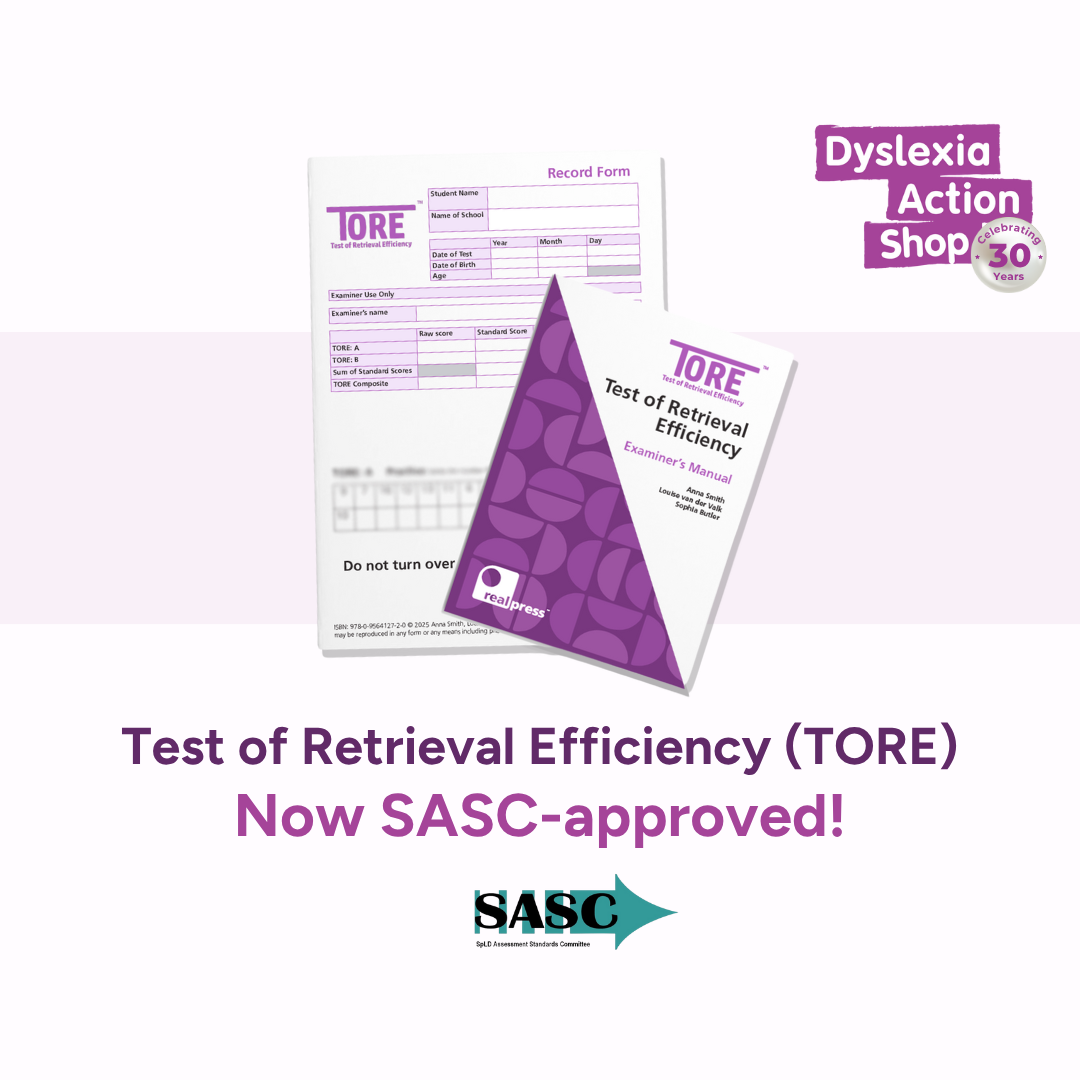Admin |
October 19, 2020
Priyadarshana completed her BSc (Hons) Psychology in the UK in 1993 and has been teaching for nearly thirty years.
She started off working in secondary mathematics in a private British community school in Kenya and was also their dedicated SENCO. In 2005, Priya joined another school in Kenya and currently works as a high school maths teacher and learning support teacher.
Priya Shah has recently completed her MEd SEND and Inclusion and told us what it was like to study with us.
What does graduating with your master’s degree mean to you on a personal and a professional level?
Acquiring an MEd in SEND and Inclusion after twenty two years as a teacher has really raised my confidence in general. The applications have been diverse; from being able to critically analyse information, to gaining the skills to write professional reports to carrying out action research and listening to all perspectives around an idea or argument.
What made you choose the Real Training courses over other options?
I was looking to gain membership on Register for Qualified Test Users (RQTU) with the British Psychological Society (BPS). I found the CPT3A course online. As I work overseas, Real Training offered a user-friendly online platform and the turn-around time for replies to emails or queries was very quick. I also found that all the tutors I had were educational psychologists which have a lot to offer in terms of knowledge, experience and wisdom. The school that I work in then approached me and encouraged me to continue courses to achieve a Masters. And so I did!
What was your experience of learning with Real Training?
The online platform was easy to use and the readings and videos were relevant to my work, thus the experience of learning was pleasant and interesting yet very rigorous. The amount of work to be done was not insignificant, but manageable once you get organised.
How have the courses helped make an impact at school?
I have used the skills of administering standardised tests and writing reports for external exam boards from the CPT3A course and more students have benefitted from exam access accommodations.
I have utilized the knowledge and skills from the NASENCO course for my role as the Learning Support Case Manager for grade 11 and 12 and as the untitled team leader of our Learning Support department. It’s improved the way I work with the Student Support Services Coordinator of the school as well as the grade level leaders who manage the Response to Intervention framework.
The Social, Emotional Learning course was a great learning experience and the knowledge gained has enhanced my skills as a teacher and advisor. It has been particularly useful in these unusual times of COVID-19 when we went virtual.
The Enquiry-based research module was excellent as I got exposure to action research and got to investigate the efficacy of an online math intervention in terms of raising mathematical resilience of students with needs in an international setting using the RADIO framework. This has helped me as a co-teacher in math classes.
How have the courses helped develop you as an educational professional and what do you hope to achieve with the new knowledge/skills in the future?
My personal goal next academic year is to develop Social Emotional Learning in all my work in school, especially as we return to the school building after a period of virtual learning. I have already started a virtual Meditation course for students for our optional summer school. As a lifelong learner, I am learning more and more about meditation and how it helps both professionally as a teacher and in my personal life as well.
How has the experience changed your view on continued professional development for your own career?
This experience has made me see that I can step out of my comfort zone in terms of professionally developing my own career. As all my tutors have been educational psychologists, I feel like I am ready to take the next step and pursue a doctorate in educational psychology. I completed my BSc (Hons) Psychology in the UK in 1993 and wanted to become an educational psychologist after that.
In those days one also had to have Qualified Teacher Status (QTS) and a minimum of 2 years of teaching before applying for a Masters in Educational Psychology. I became a teacher and loved it so much that I stuck to it for 22 years. Now things have changed. One does not need to be a qualified teacher to pursue a career as an educational psychologist in the UK but one does need some experience with working with children or young people and then one pursues a 3-year Doctorate in Educational Psychology. As I do not live in the UK anymore and have responsibilities of taking care of a family overseas, I cannot go to the UK to train as an educational psychologist at the moment. I have yet to find a rigorous blended online course to fit my needs.
My only wish now is that Real Training develops an online program that I can pursue to qualify as a working educational psychologist. If they do, I would have no hesitation in taking it up!





